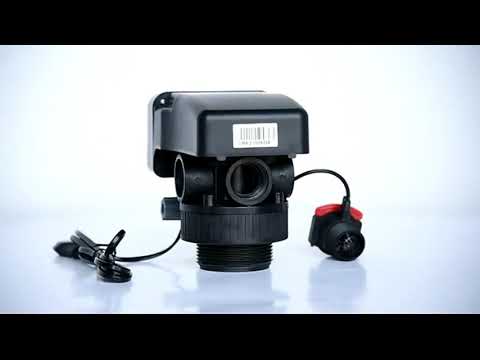“Silent regeneration for a peaceful home.”
Is water softener regeneration Loud?
Water softeners are a common household appliance that help to remove minerals such as calcium and magnesium from water, which can cause limescale buildup in pipes and appliances. One important aspect of water softener maintenance is the regeneration process, where the resin beads in the softener tank are cleaned and recharged with sodium ions. This process is essential for the continued effectiveness of the water softener, but many homeowners wonder: is water softener regeneration loud?
The answer to this question depends on a variety of factors, including the type of water softener you have, the location of the softener in your home, and your own sensitivity to noise. In general, water softener regeneration can be a noisy process, as the softener unit goes through a series of steps to clean and recharge the resin beads. This can include the sound of water flowing through the system, as well as the mechanical sounds of the softener unit itself.
If your water softener is located in a basement or utility room, you may not notice the noise as much as if it were located in a more central area of your home. However, if the noise is bothersome to you or your family, there are a few steps you can take to minimize the sound of water softener regeneration.
One option is to schedule the regeneration process to occur during a time when you are less likely to be bothered by the noise, such as late at night or early in the morning. Many water softeners have programmable settings that allow you to choose when regeneration occurs, so you can set it to run at a time that is convenient for you.
Another option is to install a soundproofing enclosure around your water softener unit. This can help to muffle the noise of regeneration and make it less noticeable in your home. There are a variety of soundproofing materials available, such as foam insulation or soundproofing blankets, that can be used to create an enclosure around your water softener.

If you are particularly sensitive to noise, you may want to consider investing in a water softener that is designed to be quieter during the regeneration process. Some newer models of water softeners are designed with noise-reducing features, such as insulated tanks or quieter motors, that can help to minimize the sound of regeneration.
| Category | Type | Model | Inlet/Outlet | Drain | Base | Riser Pipe | Brine Line Connector | Water Capacity m3/h |
| automatic softener valve | Downflow & Upflow Type | ASDU2 | 1/2″, 3/4″, 1″ | 1/2″ | 2.5″ | 1.05″ OD | 3/8″ | 2 |
| ASDU2-H | 3/4″, 1″ | 1/2″ | 2.5″ | 1.05″ OD | 3/8″ | 2 | ||
| ASDU4 | 1/2″, 3/4″, 1″ | 1/2″ | 2.5″ | 1.05″ OD | 3/8″ | 4 | ||
| ASDU4-L | 1/2″, 3/4″, 1″ | 1/2″ | 2.5″ | 1.05″ OD | 3/8″ | 4 |
In conclusion, water softener regeneration can be a noisy process, but there are steps you can take to minimize the sound and make it less noticeable in your home. By scheduling regeneration to occur at a convenient time, installing a soundproofing enclosure, or investing in a quieter water softener model, you can ensure that your water softener continues to provide you with soft, mineral-free water without causing undue noise disturbance in your home.







